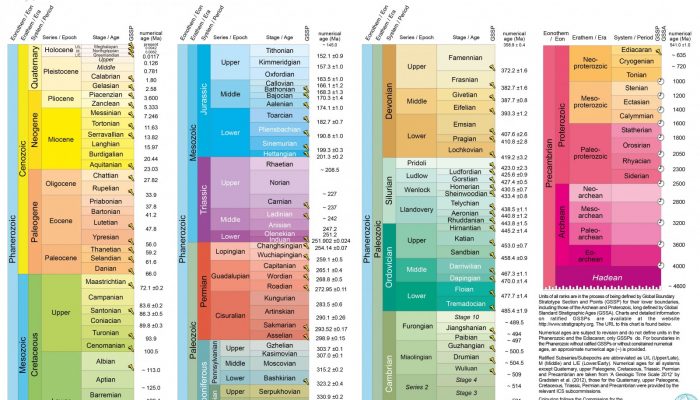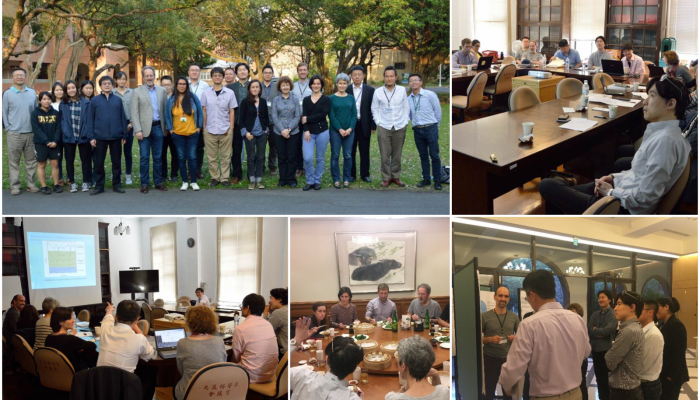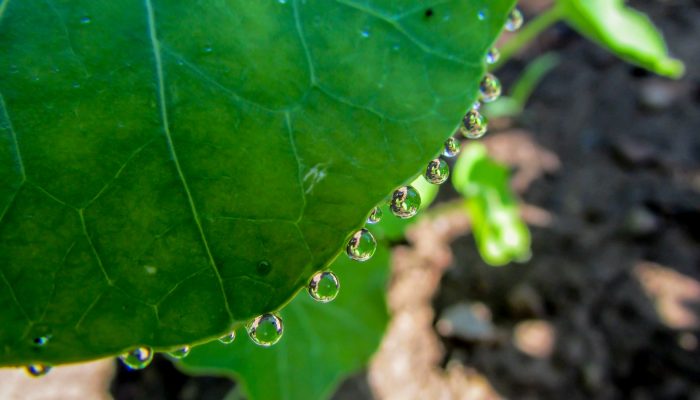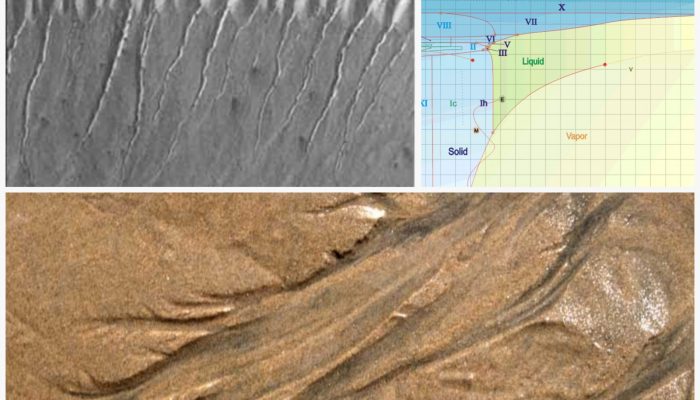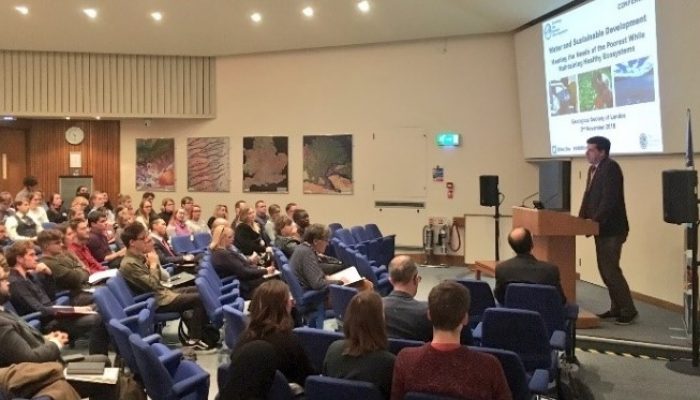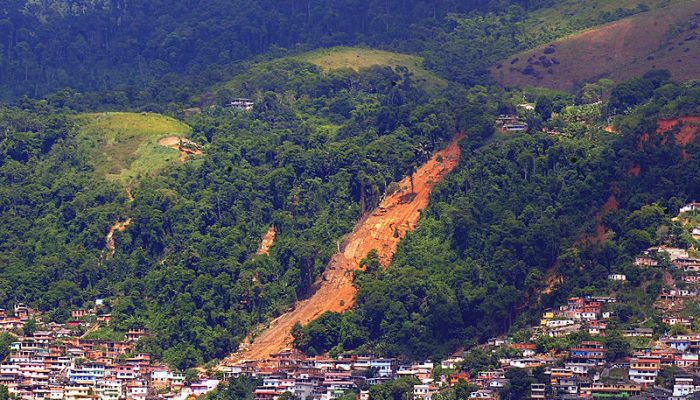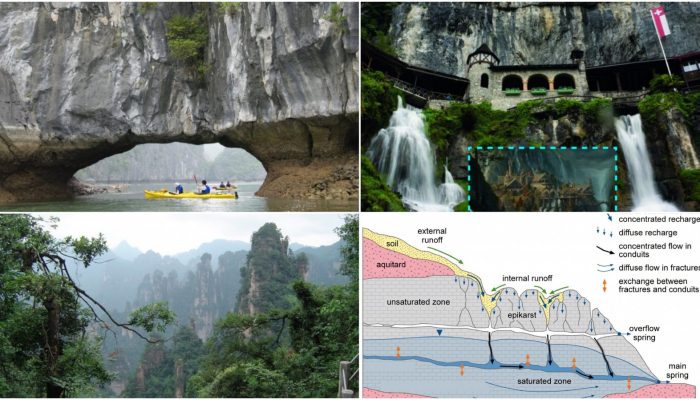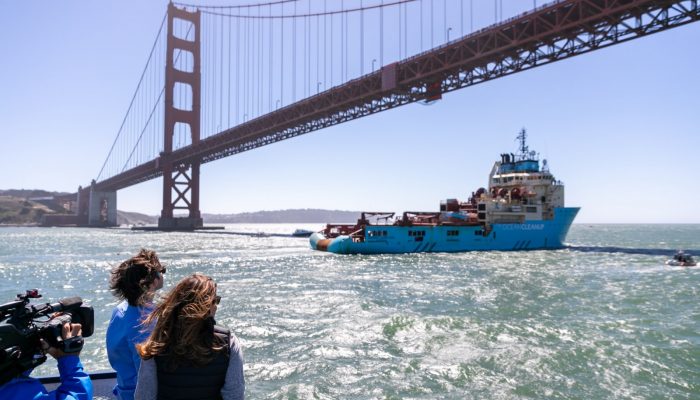Joint post by Sam Zipper (an EGU first-timer) and Anne Van Loon (an EGU veteran). Every April, the European Geophysical Union (EGU) holds an annual meeting in Vienna. With thousands of presentations spread out over a full week, it can feel like you’re surrounded by a deluge of water-related options – particularly since the conference center is on an island! To help narrow down the schedule! ...[Read More]
Geology for Global Development
Anthropocene: Are we in the recent age of man?
Regular GfGD Blog contributor Heather Britton pen’s this weeks post, where she discusses the heated topic of whether we are, or not, living in the Anthropocene. [Editor’s note: This post reflects Heather’s personal opinion. This opinions may not reflect official policy positions of Geology for Global Development.] Naming a geological epoch the Anthropocene, literally meaning R ...[Read More]
WaterUnderground
Have you ever wondered if groundwater is connected to climate?
Post by Tom Gleeson, Assistant Professor in Civil Engineering at the University of Victoria. ‘Groundwater-surface water interactions’ has become standard hydrologic lexicon and a perennial favorite session title at various conferences… but how often do you hear the phrase ‘groundwater-climate interactions’? A group of hydrologists, hydrogeologists, atmospheric scientists and geodesists that met i ...[Read More]
Geology for Global Development
Planning for future cyclone Idais; Cloud seeding in the Philippines; Climate Change Getting you Down? This and more in Jesse Zondervan’s March 2019 #GfGDpicks #SciComm
Each month, Jesse Zondervan picks his favourite posts from geoscience and development blogs/news which cover the geology for global development interest. Here’s a round-up of Jesse’s selections for the last month: The UN World Meteorological Organization called cyclone Idai, which hit Mozambique this month, “possibly the worst weather-related disaster to hit the southern hemisphere”. Civil Enginee ...[Read More]
WaterUnderground
Celestial groundwater – the subsurface plumbing for extraterrestrial life support
Post by Kevin Befus, Assistant Professor in Civil and Architectural Engineering at the University of Wyoming. Have you ever taken a walk on the beach during a lowering (ebbing) tide and see mini-rivers grow and create beautiful drainage patterns before your eyes? These short-lived groundwater seepage features (Fig. 1A) are tiny (and fast) analogs of how groundwater has shaped some parts of Mars! ...[Read More]
Geology for Global Development
Water and Sustainable Development – 6th GfGD Annual Conference Event Report
Understanding, managing and protecting water resources is critical to the delivery of the UN Sustainable Development Goals (e.g., education, water and sanitation, healthy oceans, zero hunger, good health, gender equality, energy, industry, and biodiversity). Increasing urbanisation, industrialisation, and climate change, however, are increasing pressure on water supplies and reducing water quality ...[Read More]
Geology for Global Development
Is geological mapping becoming obsolete?
Geology students typically experience some form of mapping education as part of their course and attitudes towards this baptism into the geosciences vary from adoration to utter hatred. Whatever the opinions of the students, however, it is widely recognised that performing mapping exercises is an excellent way to learn the basics of structural geology which underpins aspects of both further geolog ...[Read More]
Geology for Global Development
Rainfall related geohazards: floods, landslides and mudslides in Rio – A dangerous combination of nature and human-related factors
Rainfall-related geohazards in Brazil’s poorer, mountainous city margins could be mitigated using better urban planning and communication. Our own Brazilian blogger Bárbara Zambelli Azevedo explores the problem and possible solutions. I come from Brazil, a country well-known for its beautiful landscapes, football and carnival. Ok, some stereotypes are true, indeed. Situated in the middle of the So ...[Read More]
WaterUnderground
Of Karst! – short episodes about karst
Post by Andreas Hartmann, Assistant Professor in Hydrological Modeling and Water Resources at the University of Freiburg. Episode 4 – Karst Groundwater: quick and slow at the same time? We often associate groundwater with large water storage and very slow water movement for instance compared to rivers. But is it possible that groundwater flow can be as quick as stream flow and, at the same aquife ...[Read More]
Geology for Global Development
Private solutions, public science: how to bridge the gap?
The urgency around many sustainability issues leads some billionaire investors to throw caution in the wind, frustrated with the pace of academic research. Robert Emberson sympathises with private projects like the Ocean Cleanup, even when things go wrong. ‘How’, he asks, ‘might we build a constructive bridge between ambitious entrepreneurs and scientific sceptics? ‘ Reading and writing about sust ...[Read More]


